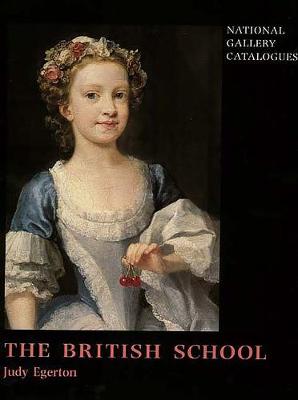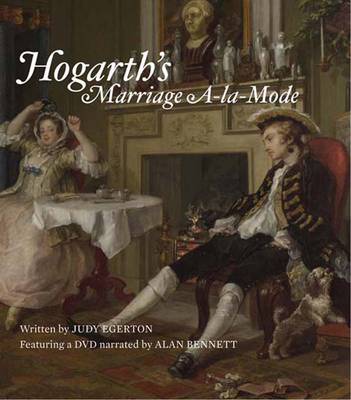National Gallery London Publications
2 total works
This readable and lively catalogue includes the results of fresh examination of each work by the National Gallery's Conservation and Scientific Departments. It also reflects recent scholarship and incorporates much new research. But it is chiefly designed for the general reader who wants to know more about the making and meaning of these familiar pictures and to learn something of their history.
The sixty British paintings now in the National Gallery are discussed in two parts. Major works by Hogarth, Gainsborough, Reynolds, Stubbs, Turner, and Constable are featured in the first section. The second part consists of portraits (including three sculpted busts) of collectors or public servants who helped over the years to create the National Gallery as we now know it.
National Gallery Publications, London
Directing his pointed wit at the upper echelons of 18th-century British society, William Hogarth, a painter, printmaker, and social critic, mocked the politics and customs of his day. His series of satirical paintings and engravings, which still absorb viewers after nearly three centuries, record human vice and folly with a sharp eye and cutting intelligence. This compelling book, with an accompanying DVD narrated by Alan Bennett, examines Hogarth's best-known series of paintings, Marriage A-la-Mode, and unlocks many mysteries that have surrounded this gripping artistic commentary.
Marriage A-la-Mode recounts the story of a marriage arranged between the son of a spendthrift nobleman who needs cash and the daughter of a rich City of London merchant who hopes to buy social status. Love never develops, and the discordant lives of the bride and bridegroom descend into adultery and venereal disease followed by murder, execution, and suicide. Judy Egerton deciphers the visual cues and symbols Hogarth employs in his comic story of doubtful morals.

